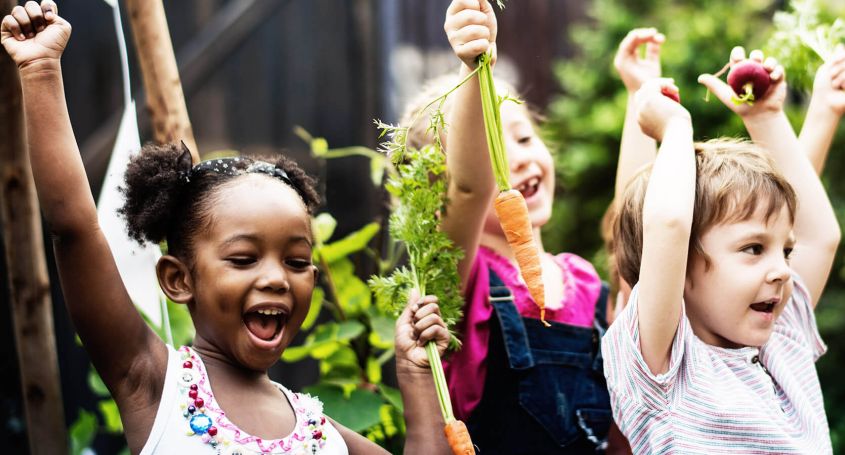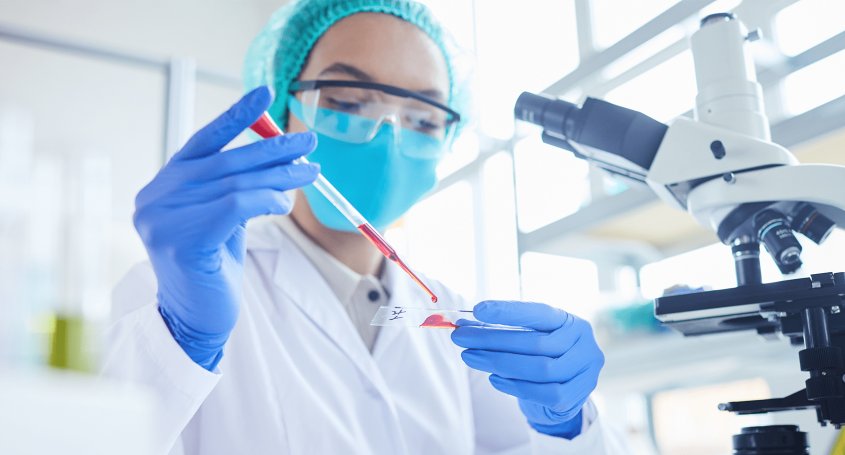There is a close relationship between fertility and nutrition. Reviewing our eating habits is very important as an incorrect diet can alter the biological clock. In this sense, it is important to use foods that are beneficial and good for fertility. In addition, there are currently a large number of toxins in our food that affect our health. Both obesity and underweight can make it difficult to get pregnant, which is why it is essential to follow a diet that is as balanced as possible.
How to increase fertility through diet?
Including certain foods rich in vitamins and antioxidants in our diet to get pregnant can help prevent fertility issues and increase the chances of conceiving during IVF.
- Fruit and vegetables: the ideal diet to increase fertility should be rich in fruit salads and vegetables, especially green, red and yellow vegetables, as they are the richest in antioxidants. These include: kale, red peppers and blueberries. The more intense the colour, the more nutrients. For their correct consumption, they should be cleaned well and prepared with minimal cooking, so that they do not lose any of their vitamins. Ideally, they should be organically grown to avoid pesticides. por aquellas procedentes de cultivo orgánico para evitar los pesticidas.
- Unrefined wholegrain carbohydrates such as whole wheat, oat or rye bread. The refining process destroys a lot of nutrients and increases insulin levels in the blood. This causes irregular menstruation in people with conditions such as polycystic ovary syndrome.
- Iron-rich foods: to avoid anaemia in pregnancy and postpartum; fish or seafood, such as oysters, mussels or sardines, or vegetables such as asparagus, beans, beans and lentils.
- Omega 3 fatty acids, especially DHA, EPA and DPA, are considered very beneficial and can be found in fish. The ideal is to eat two portions a week (340g/week) so that the body has an adequate intake. It is advisable to opt for fish with a low mercury content such as prawns, shrimp, canned tuna, trout, pollock or salmon. Another option for vegetarians is to opt for flax seeds or supplements in capsules.
- Incorporating evening primrose oil into the diet is also an ally of fertility as it is rich in omega-6 and acts as a hormonal regulator of the menstrual cycle. Because of its ability to improve circulation, it can be used in cases of impotence related to a lack of blood supply to the male reproductive organs.
- Prenatal vitamin supplementation with folic acid, iron, calcium and vitamin B complex is important. However, it is important to seek advice from a medical specialist, as hypervitaminosis induced by excess is also not recommended.
- Eating pineapple during pregnancy is a good choice, as it is an excellent source of vitamin C, folate, magnesium and other important minerals. There is a myth that pineapple can be harmful during pregnancy and cause miscarriages, but it is just that: a myth. The origin of the legend is that pineapple contains an enzyme called bromelanin (which has been shown to help induce labour), but the amount of this enzyme in the flesh of the fruit - unlike the core, which is not eaten - is minimal, so it is unlikely to affect your pregnancy.
These foods are an excellent choice for both promoting embryo implantation and ovulation, as well as being healthy and balanced foods.
Fertility and nutrition: Which foods can be harmful?
In addition to incorporating new foods, it is important to restrict others such as coffee, alcohol and tobacco. Fertility and nutrition are related and therefore it is important to avoid them:
- Coffee is one of the foods to avoid if you are undergoing fertility treatment. Due to its vasoconstrictive effect on the blood, it can interfere with the implantation of the embryo in the uterus. It is also important to avoid large amounts of meat, as this raises ammonia levels in the body and also creates difficulties for uterine implantation.
- Alcohol is another enemy of female fertility as it causes alterations in the menstrual cycle and should be avoided in patients with Polycystic Ovary Syndrome.
- Smoking is also one of the causes of female infertility as it damages the eggs, anticipating the age of the menopause.
- Soya and peas: despite being very healthy foods, they are foods that act as "false oestrogen", i.e. they act as a natural contraceptive in our body. They are also enemies of male fertility as they reduce sexual desire and decrease zinc absorption, causing oligospermia (poor sperm secretion or low sperm count in the semen).
- Products and drinks sweetened with aspartame: aspartame activates prolactin secretion and thus hinders ovulation. It is better to opt for sugar consumption in moderation, avoiding sweeteners.
- Listeria is a bacterium that can cause miscarriages very early in pregnancy and is best avoided by avoiding white cheeses, unpasteurised dairy products, undercooked meat, raw sushi, seafood or refrigerated smoked foods such as salmon..
From the moment you start planning your pregnancy, it is important to take into account this series of dietary recommendations in order to correct all those eating habits that can have a negative impact during an IVF treatment. Fertility and nutrition are closely related and it is therefore important to take this into account during the treatment, consuming only foods that are good for fertility.















